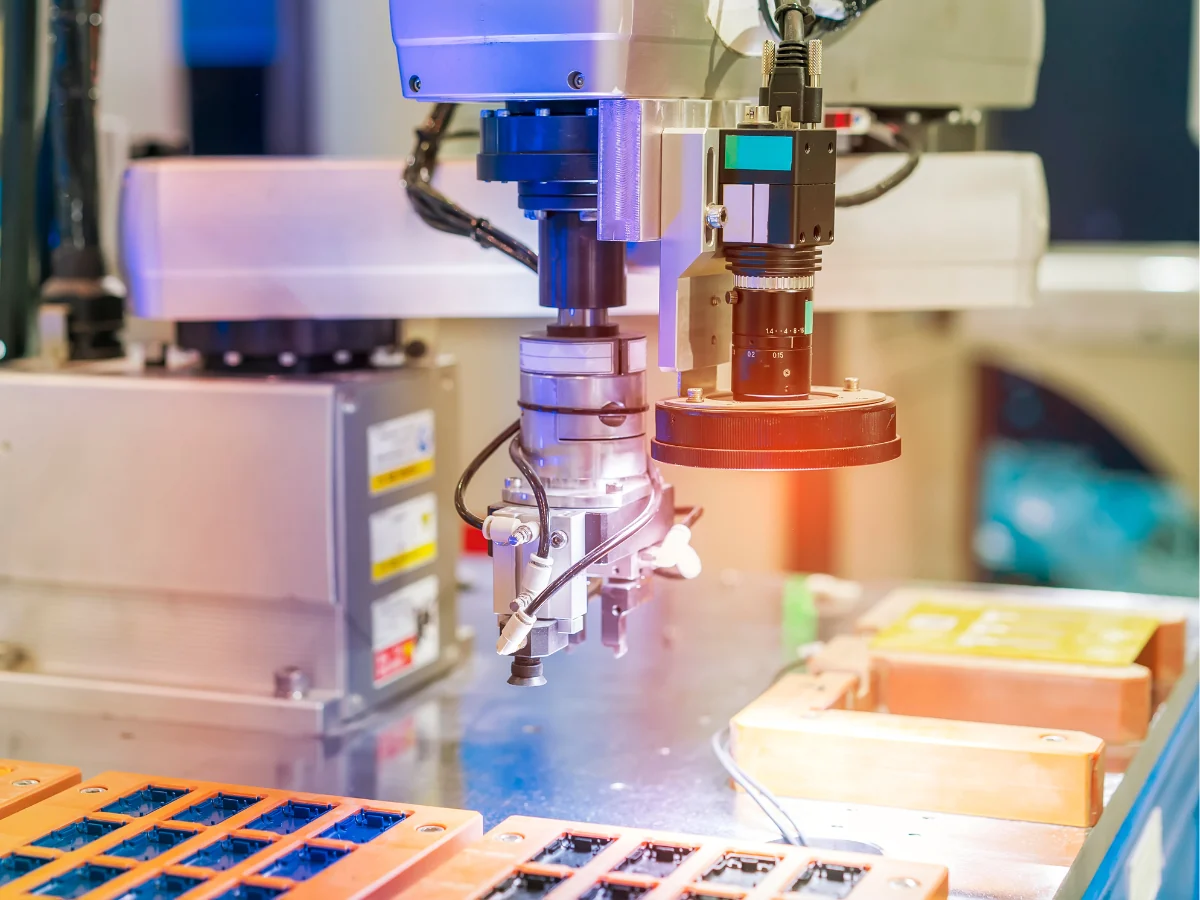Industrial automation is not just a synonym for efficiency — it can become a powerful ally in environmental sustainability. In an era where resources are increasingly precious and environmental responsibility is a top priority, integrating automated technologies into production processes allows for a reduced ecological impact without sacrificing productivity.
One of the main benefits is the reduction of energy consumption. Automated systems, thanks to intelligent programming, use only the energy required for each phase of the process, avoiding waste and optimizing usage.
Furthermore, automation enables optimized resource management. Materials are measured and dispensed with precision, reducing waste and improving the yield of raw materials. This has a positive effect not only on costs but also on the environment.
Waste reduction goes hand in hand with improved product life cycles. Thanks to automated quality control and predictive maintenance, machines operate longer and more efficiently, reducing the need for frequent replacements.
Another important aspect is integration with renewable energy sources. Modern automation systems are compatible with photovoltaic, wind, or biomass plants, allowing production to be powered in a sustainable way.
Finally, automation contributes to social sustainability. By reducing the most strenuous or dangerous tasks, it improves working conditions and promotes a safer environment.
With Suprema, technology and responsibility go hand in hand — working together to build a greener, more efficient, and more human industrial future.


